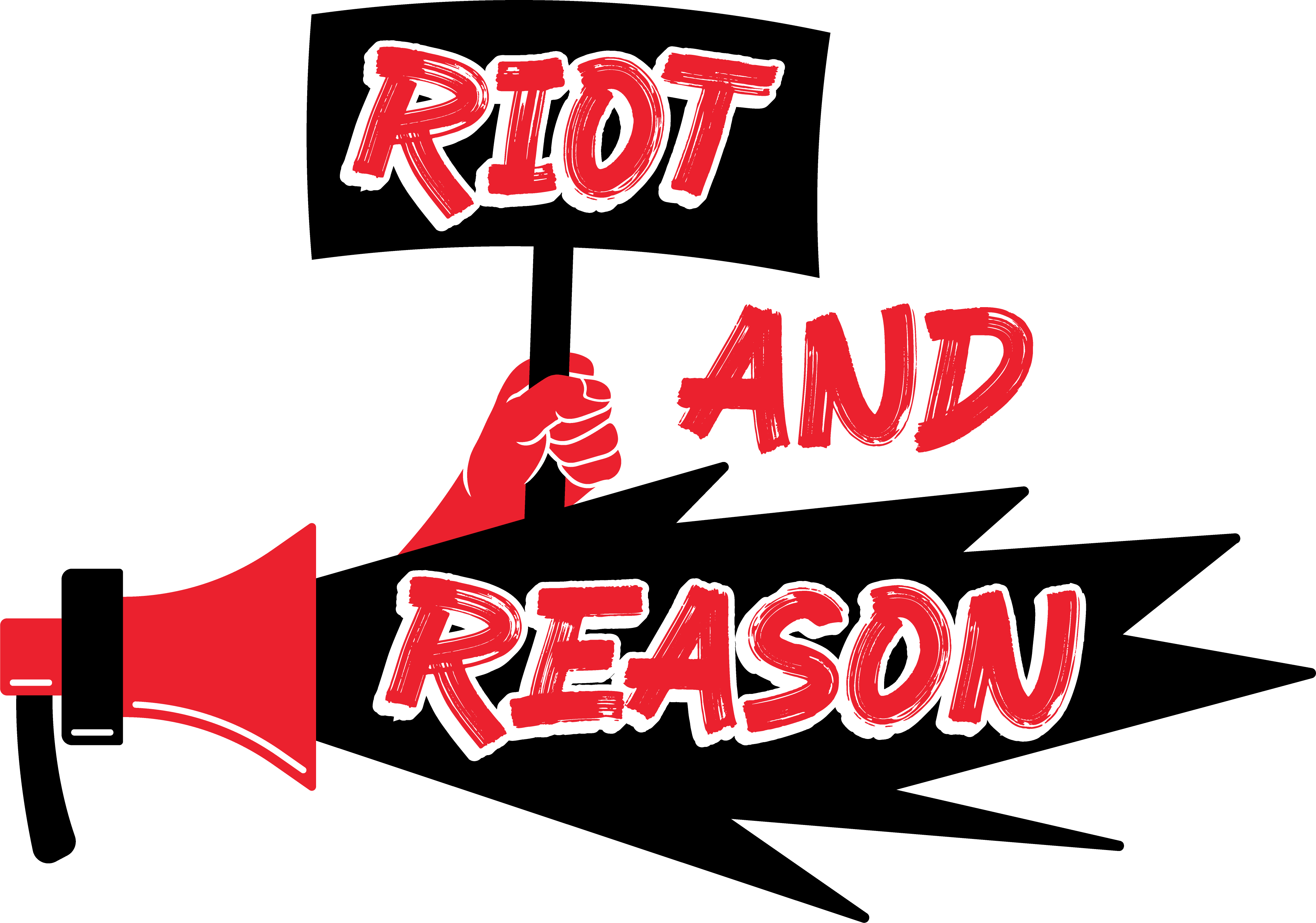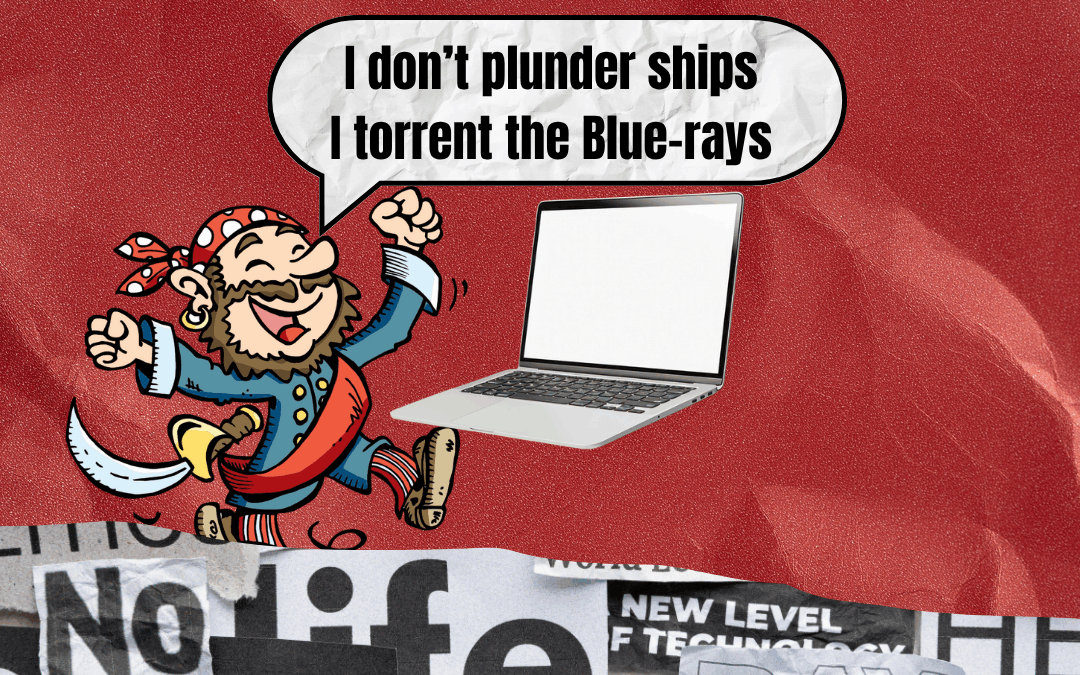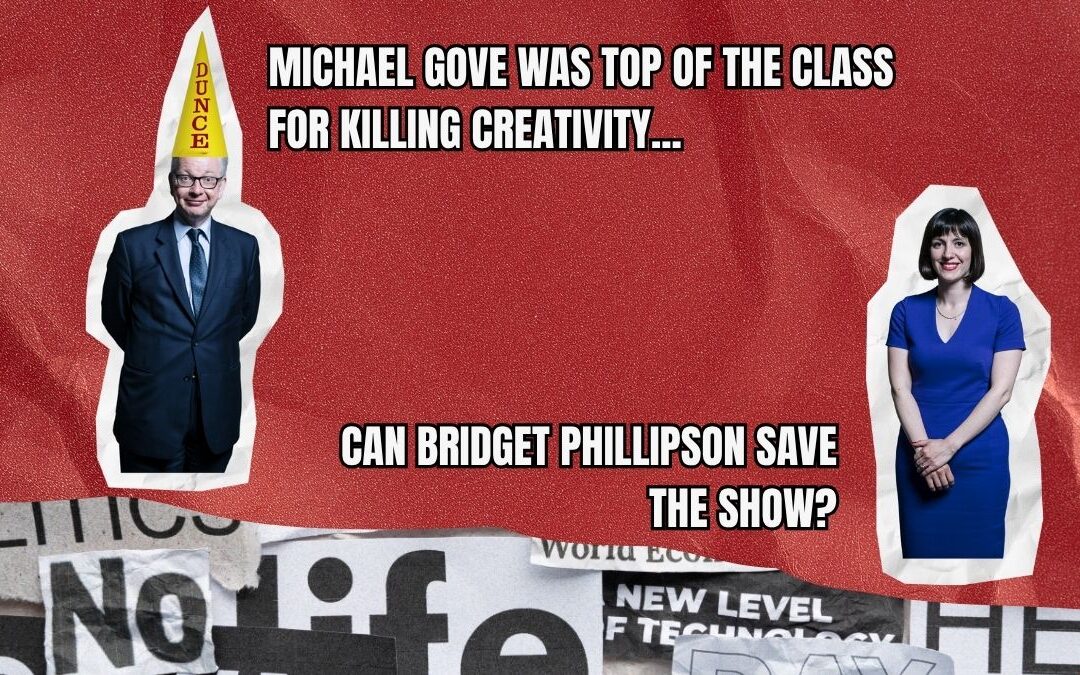
In 2025, artificial intelligence isn’t just assisting us, it’s subtly reshaping how we think, decide and even feel. Artificial intelligence isn’t coming for your job, it’s coming for your brain.
Every time you ask ChatGPT to write you a cover letter, let TikTok recommend you what you should care about, or accept Google’s auto-suggestion without a second thought, you’re letting algorithms gently, invisibly nudge your thoughts. Convenient? Sure. Conscious? Not always.
We should call it what it is: cognitive offloading, psychologists say that we’re increasingly outsourcing our mental efforts to machines and it’s changing the way we think. A 2024 study found frequent AI users showed reduced critical thinking skills and are more likely to accept information at face value. In other words, the smarter the machine, the lazier we get.
It’s not only about mental shortcuts, there is also automation bias which is our tendency to trust machine-made decisions even when they’re wrong. It is already shaping legal decisions, the health factor and hiring practices. A 2023 MIT report showed that even trained professionals tend to defer to algorithms, despite their flaws, because if it came from a computer it must be right… Right?
Wrong. AI hallucination, where bots confidently spew misinformation and present them as facts, are still very real and yet we still trust them anyway because the results look polished, the interface is sleek, and no one has time to double check the facts when a deadline is looming over your shoulder and your brain’s on survival mode.
In the UK, these concerns are mirrored by public sentiment. A recent Office for National Statistics found that only 17% of UK adults can consistently tell when they’re interacting with AI. One in three believe AI won’t benefit them at all. Why? Because people either don’t understand it or don’t trust it all.
It gets juicier, a 2024 Edelman trust barometer report found that two thirds of Brits don’t trust the government to regulate AI properly, more than any other country surveyed.
Where does that leave us? With the uncomfortable but necessary truth, the smarter the machine, the sharper we need to be. Your brain deserves to be in the driver’s seat, not just riding shotgun to an algorithm with a killer UI and no sense of context






